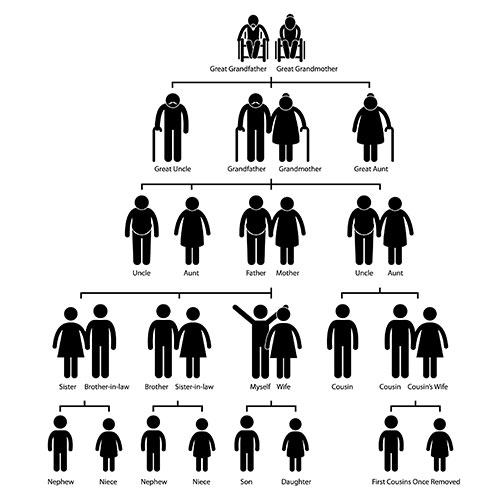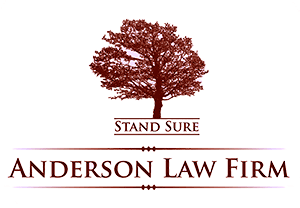 What is Probate?
What is Probate?
In simple terms, “Probate” is the law of Inheritance. Probate is the legal process by which a probate court decides whether a Will is legally valid. Once deemed valid by the court, an executor is appointed to enforce the Will. No Will to probate? Even when someone dies without a Will there are various probate procedures available. An experienced probate attorney at Anderson Law Firm can explain your options.
Where to Start
After the death of a loved one, the first step is to consult with a competent probate attorney. Usually it is a family member or other potential heir of the deceased (“Decedent”) who first contacts a probate attorney at Anderson Law Firm. The first primary task of the probate lawyer is to evaluate the decedent’s debts and assets.
The probate lawyer begins by determining whether the decedent left any probate property. Distinguishing probate property from non-probate property can be a very complex and difficult task. Community property law also comes into play. This law is complicated even for many non-probate attorneys.
After the decedent’s probate estate has been evaluated the probate lawyer evaluates and presents options for transferring the decedent’s probate assets. A good probate lawyer can also recommend and assist with procedures for transferring any non-probate assets.
When there is a Will
When there is a Will, the probate attorney determines if the Will needs to be probated in order to fully administer the Decedent’s estate. Sometime a full probate and appointment of an executor is needed. However, under some circumstances the Will can be probate as a Muniment of Title. With a Muniment of Title proceeding no executor is appointed. Instead the Will is recognized as being valid by a probate judge. Then the Will functions very similar to a deed and can be used to transfer both real estate and personal property.
When there is no Will
To die in Texas without a Will is known as dying “intestate” and Texas law controls how your probate estate is distributed. Texas law determines who are your “heirs” that will inherit your estate.
“Descendants” are a person’s offspring beginning with children, then grandchildren, and so on. In Texas a person’s heirs are not necessarily their descendants!!!
It is a common misconception that even without a Will a deceased spouse’s property automatically passes to the surviving spouse. Unfortunately, this is not the case if there are any children that are not the descendant of both spouses (such as children from a prior marriage).
Most of the horror stories you hear about probate involve cases where there was no Will or a defective Will. In order for an heir to get their inheritance they must prove they are an heir under Texas law. This is achieved with a legal proceeding called a Proceeding to Determine Heirs.
Even after the Decedent’s heirs have been determined by a judge, a special probate may still be necessary so that an administrator can be appointed to manage and distribute estate property to the heirs.
Probate Alternatives
A skilled probate attorney is familiar with various means of avoiding probate whenever possible and appropriate. Under certain circumstances, Affidavits of Heirship or a Small Estate Affidavit may be viable alternatives to probate. If not, an experienced probate attorney still has a full arsenal of other methods for transferring estate property without any formal probate proceedings.
Probate disputes and litigation
Other problems can arise in probate such as Will contests, unethical behavior by executors or beneficiaries including the theft of estate property, and disputes with creditors. Anderson Law Firm has dealt with all of these problems and countless others over the years. We are particularly talented at defending against attempts to collect alleged unpaid credit card debts.
At Anderson Law Firm you will find an experienced probate lawyer with the skills to get you through an estate administration as quickly and conveniently as possible.





